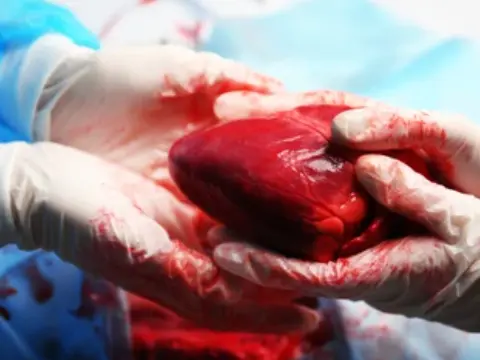 Welcome
Welcome
“May all be happy, may all be healed, may all be at peace and may no one ever suffer."
Spasm - Generics
A spasm is a sudden, involuntary contraction of a muscle or group of muscles. Spasms can occur in any muscle in the body, including skeletal muscles, smooth muscles, and cardiac muscle.
Common causes of muscle spasms include muscle fatigue, dehydration, electrolyte imbalances (such as low levels of potassium, calcium, or magnesium), nerve damage or irritation, and certain medications.
Skeletal muscle spasms are the most common type of spasm and are often associated with physical activity or overuse of a muscle. They can cause pain, stiffness, and difficulty moving the affected muscle. Common examples include spasms in the back, neck, and legs.
Smooth muscle spasms can occur in the digestive tract, urinary tract, and blood vessels, and can cause a range of symptoms depending on the location and severity of the spasm. For example, spasms in the digestive tract can cause abdominal pain, cramping, and diarrhea, while spasms in the blood vessels can cause chest pain and other symptoms of angina.
Cardiac muscle spasms, also known as coronary artery spasms, can occur in the arteries that supply blood to the heart muscle. They can cause chest pain, shortness of breath, and other symptoms of a heart attack, and can be a medical emergency.
Treatment of spasms depends on the underlying cause and severity of the spasm. Mild spasms can often be relieved with stretching, massage, or gentle exercise. More severe or persistent spasms may require medications to relieve pain and relax the affected muscle, or treatment of the underlying condition causing the spasm. In some cases, muscle relaxants or antispasmodic medications may be prescribed.
It is important to seek medical attention if you experience severe or persistent spasms, as they may be a sign of a more serious underlying condition.

Hiccups

Kidney disease

Leukemia

Mastocytosis

Chickenpox

Bacteraemia

Preventing rejection of n...

Renal disease and vitamin...
Spasm, স্প্যামস
To be happy, beautiful, healthy, wealthy, hale and long-lived stay with DM3S.